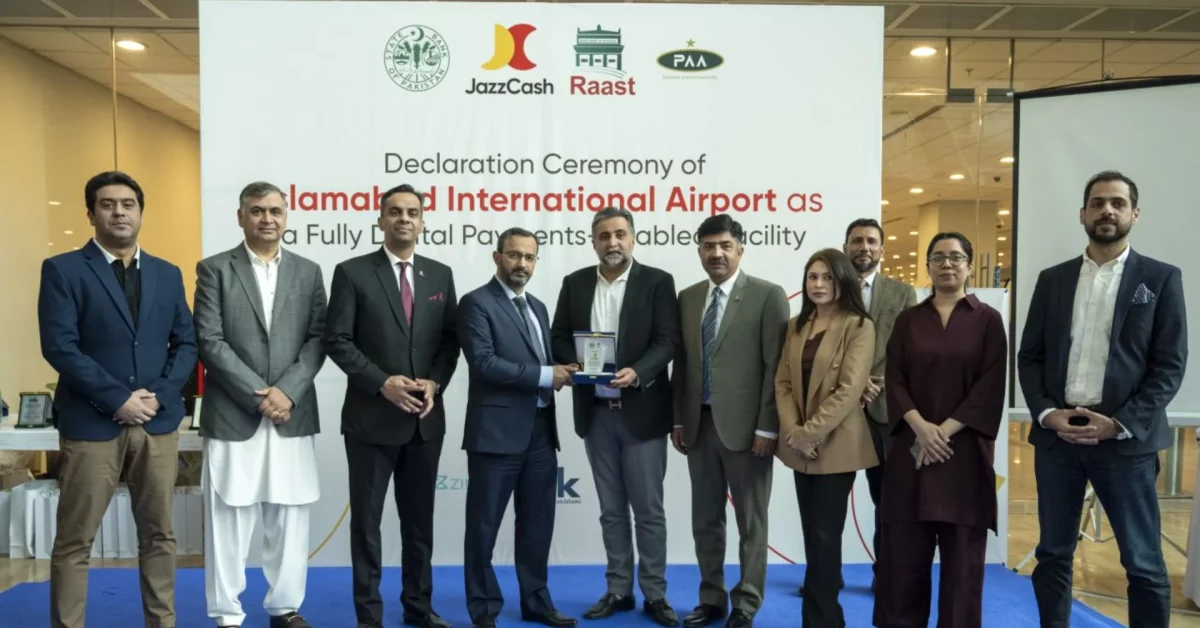
Pakistan Unveils Virtual Asset Law Framework
July 31, 2025
Pakistan Approves National Artificial Intelligence Policy 2025
August 1, 2025From Senate to the Sandbox: Pakistan’s Local LLM Project
At today’s Senate Standing Committee meeting on IT & Telecom, the conversation rightly focused on the importance of transparency, inclusion, and responsibility in the age of artificial intelligence as lawmakers reviewed Pakistan’s AI Regulation Bill 2024. The development of Pakistan’s first Local Language Large Language Model (LLM) was also a topic of discussion.
This project, currently underway through a partnership between Jazz, NUST, and NITB, was cited in the session as a Ministry of IT initiative. In reality, it represents something more dynamic – and more promising: a private-sector-led, multi-stakeholder effort designed to ensure that Pakistan’s AI future reflects its linguistic, cultural, and institutional diversity.
Here’s what makes this effort unique:
- The project was initiated and is being fully funded by Jazz, Pakistan’s largest digital operator, as part of its commitment to digital equity and sovereign AI development.
- NUST, one of the country’s leading academic institutions, is supporting the development of the LLM with research and technical expertise.
- NITB, under the Ministry of IT & Telecom, is enabling critical access to public data archives and language repositories – ensuring the model is trained on authentic, locally relevant sources.
Rather than a government contract, this is a case of industry taking initiative – and government and academia stepping in to co-create national value. It follows a globally recognized triple helix model of innovation, where private sector drive, academic depth, and public sector access come together to accelerate impact.
The initiative is also embedded within a broader AI coalition comprising multiple private companies, public institutions, and universities – all working together to ensure this remains an “AI for good” project. The coalition is focused on ensuring ethical development, long-term utility, and wide-ranging collaboration in future phases.
And this isn’t just a local story. VEON, the international parent company of Jazz, is advancing similar national LLM efforts in Kazakhstan and Ukraine – each tailored to the linguistic and cultural needs of its market. The Pakistan project is part of this broader vision: to build AI that listens, understands, and speaks like its people.
As Pakistan builds its regulatory frameworks for AI, projects like this offer a valuable blueprint: proactive, collaborative, and purpose-driven. They are not a substitute for public processes – but they can serve as a catalyst for ecosystem-wide innovation, especially when designed with openness and long-term inclusion in mind.
The development of Pakistan’s first LLM is still in its early stages, and the door remains open for broader participation. But the important thing is that the journey has begun – anchored in a belief that AI should serve all of Pakistan, in every language.
Today’s questions are timely. But so is the opportunity. Let’s use both to move forward – together.






